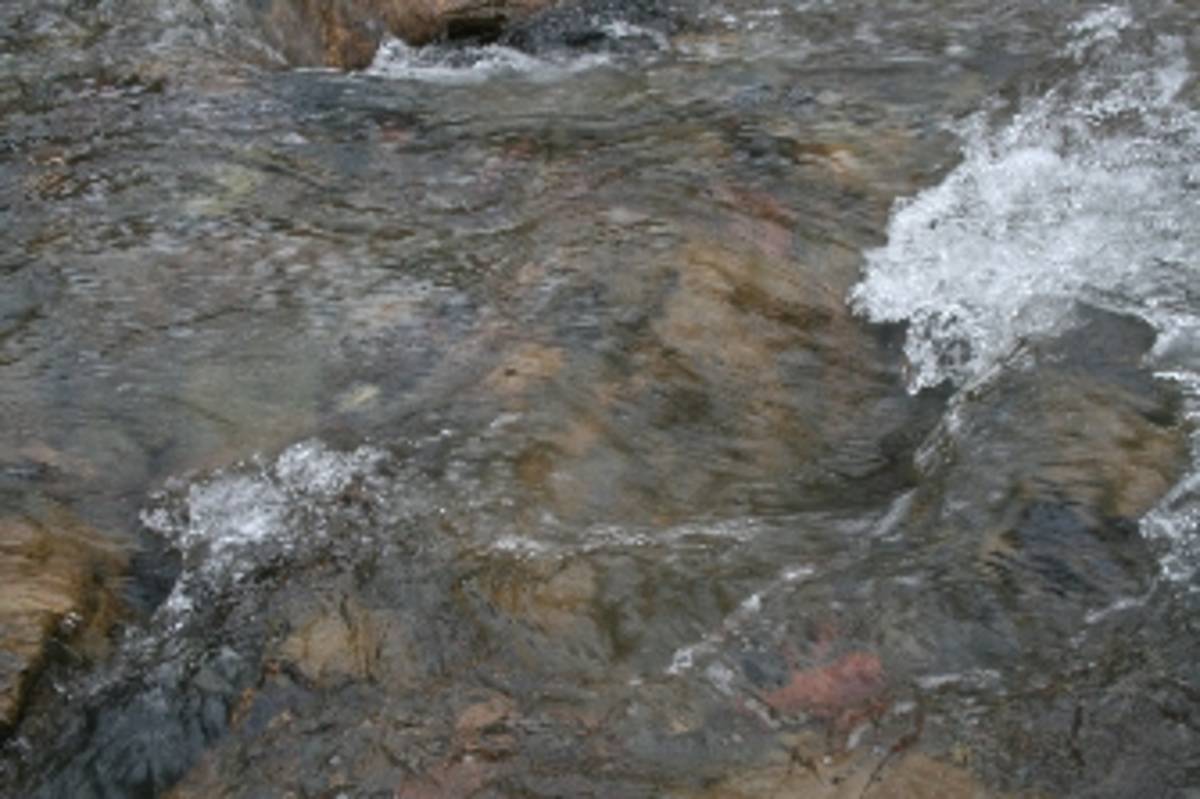Euro-limpacs: impact of climate change on European freshwater ecosystems
Overview

Natural ecosystems, already under stress from land-use change and pollution, now face additional pressures from climate change, both directly and through interaction with other drivers of change. These pose serious threats to human society, as the availability and quality of freshwater determines the functioning of every ecosystem. Understanding how aquatic ecosystems will respond to climate change is also of major practical relevance for the development of policies needed to protect water quality and aquatic biodiversity. Especially with respect to the successful implementation of new European legislation, including EU Water Framework Directive (EU 2000) and the EU Habitats Directive (EU 1992) and other national and international conventions and protocols. In order to make this adequate legislation, research is needed on the impact of the climate change on the freshwater ecosystems, including the exact current status of the systems, their interaction with other climate change drivers and the indicators for what is needed to re-naturalise them.
Target / objective
The project focuses on the key drivers of aquatic ecosystem change (land-use, nutrients, acid deposition and toxic substances) and examines their interactions with global change using time series analysis, space-for-time substitution, paleaolimnology, experiments and process modeling. It also identifies approaches for achieving good ecological status in freshwater habitats, according to the Water Framework Directive (WFS).
Approach
Euro-limpacs brings together a consortium of37 leading scientific research institutes from 19 countries worldwide, aiming to integrate river, lake and wetland ecosystem science at the catchment scale. It considers the interactions of freshwater ecosystems with climate change at three critical time scales:
- hours/days (concerned with changes in the magnitude and frequency of extreme events),
- seasons (concerned with changes in ecosystem function and life-cycle strategies of freshwater biota) and
- years/decades (concerned with ecological response to environmental pressure, including stress reduction and ecosystem recovery).
The project is designed to provide a decision support system, considering future changes and to base policy upon.
Results
Project results take a number of different forms, including reports, deliverables, a bibliography, training and dissemination and key questions arising from project activities.
On a content level, results of the project are new confirmations on various subjects. It is now proven that natural systems are more solid resistant to climate change than some of our traditional ‘man-made’ systems. Also, establishment has been made that most of the biodiversity loss will occur in the Mediterranean area. The nature of the rocks in the Alpine lakes makes them more toxis when exposed temperature rising. Moreover, Euro-limpacs leads to the conclusion that the global warming rather a jerkily than a gradual process.
Follow up
Euro-limpacs is a solid base for next level research, including research into climate gradients (lakes and floods in Europe) by two exactly identical experiments to measure climate change. This is a new approach, which will give the opportunity to a unique ecological combination of standard and real world research.
Website
http://www.eurolimpacs.ucl.ac.uk
Funded by
European Commission, Sixth Framework Programme, Global Change and Ecosystems